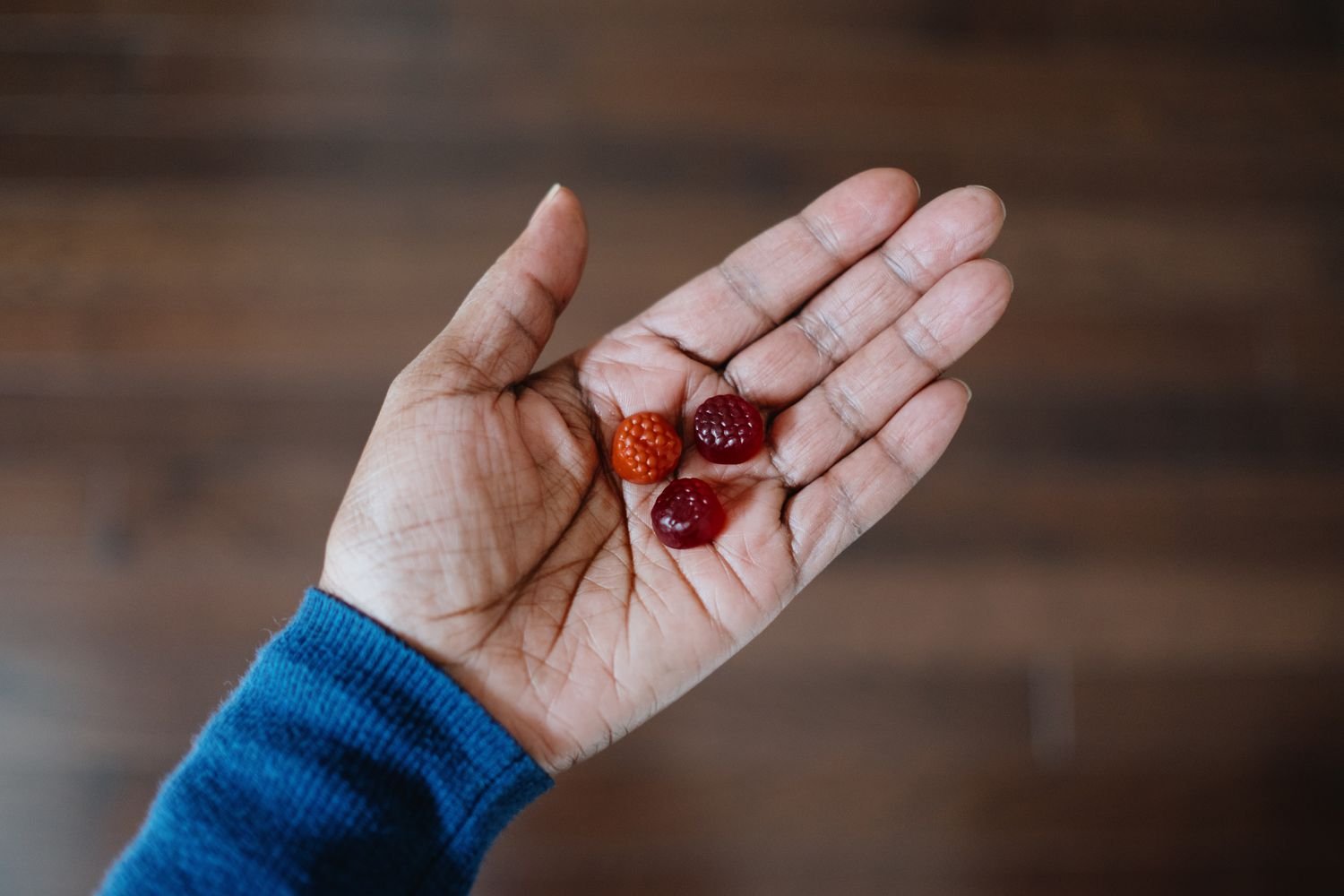Key Takeaways
- A new study from the National Cancer Institute finds that multivitamins don’t help you live longer.
- The study did not show that multivitamin use reduced mortality from cancer, heart disease, or cerebrovascular disease.
- Multivitamins may still be beneficial for people with nutritional deficiencies or certain health conditions that affect nutrient absorption.
A new study from researchers at the National Cancer Institute (NCI) finds that taking multivitamins doesn’t help you live longer.
“Many U.S. adults take multivitamins in hopes of improving their health,” lead study author Dr. Erica Loftfield said in a statement. “However, the benefits and harms of taking multivitamins regularly remain unclear.”
Billions of dollars are spent on multivitamins each year in the United States, despite a lack of evidence proving their effectiveness. Loftfield said previous studies on multivitamin use and mortality have had mixed results and been limited by short follow-up periods.
In the new study, Loftfield and her team analyzed data from nearly 400,000 U.S. adults who agreed to be followed for more than 20 years. JAMA Network Open.
Data for the study came from three large, geographically diverse prospective studies involving 390,124 people in the U.S. Participants were generally healthy and had no history of cancer or other chronic diseases.
In addition to not reducing overall risk of death, the study also showed that multivitamin use had no effect on death from cancer, heart disease, or cerebrovascular disease. Results were adjusted for race/ethnicity, education, and diet quality.
Should I stop taking multivitamins?
You probably don’t expect a multivitamin to help you live longer, and its inability to do so is not necessarily a reason to stop taking it. Despite the finding that multivitamins don’t lower the risk of death in healthy adults, Loftfield said they may still be of value for some groups, such as those with nutritional deficiencies.
On average, adults aren’t eating enough vegetables, fruits, whole grains, and calcium-rich foods, which means they’re lacking in vitamins A, C, D, and E, and minerals like magnesium and potassium, says Vanessa King, MS, DN, a registered dietitian on Oahu, Hawaii, and spokesperson for the Academy of Nutrition.
King said whole foods are the best sources of these vitamins and nutrients, but a prenatal multivitamin is important for pregnant and breastfeeding women. Additionally, a multivitamin can be helpful for anyone with a health condition that affects nutrient absorption.
- Chronic health conditions, such as cancer or chronic kidney disease, may increase the demand for certain nutrients while decreasing the need for others.
- Gastrointestinal disorders such as irritable bowel syndrome (IBS) and inflammatory bowel disease can impair nutrient absorption.
- Some medications can lead to nutrient losses: for example, the diabetes drug metformin can contribute to vitamin B12 deficiency.
If you fall into any of these groups, King recommends asking your doctor if a multivitamin would be beneficial for you and your specific health needs. The same goes for people over 60, where a 2023 study suggests that multivitamins may help preserve memory as you age.
If you don’t fall into any of these groups, the first thing to do is take a good look at your diet.
“If you’re thinking about taking a multivitamin, first think about what else you’re putting into your body,” Michael Klupane, MD, MPH, director of the American College of Preventive Medicine and professor at the Johns Hopkins Bloomberg School of Public Health, told Verywell. Are you eating vitamin-rich foods like fruits, vegetables, fish, whole grains, nuts, and seeds? “Think about how you can eat more of the foods that, study after study, have been consistently associated with living a longer, healthier life.”
What this means for you
Talk to your doctor or registered dietitian about whether and how you can get the majority of your daily nutrients from foods like fruits, vegetables, nuts, seeds, whole grains, and fish. For most people, a multivitamin isn’t necessary.

